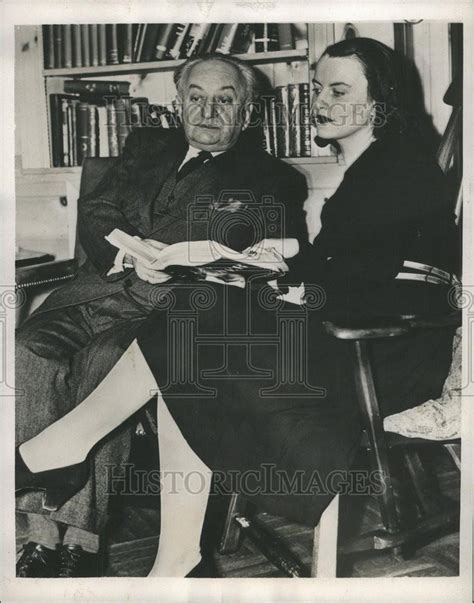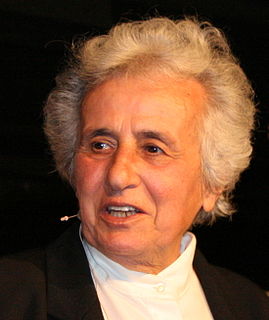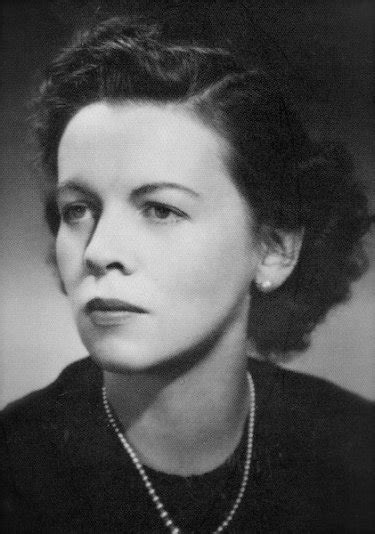A Quote by Howard Jacobson
As a Jew, I believe that every argument has a counterargument.
Related Quotes
A Jew remains a Jew. Assimilalation is impossible, because a Jew cannot change his national character. Whatever he does, he is a Jew and remains a Jew. The majority has discovered this fact, but too late. Jews and Gentiles discover that there is no issue. Both believed there was an issue. There is none.
The terminology of philosophical art is coercive: arguments are powerful and best when they are knockdown, arguments force you to a conclusion, if you believe the premisses you have to or must believe the conclusion, some arguments do not carry much punch, and so forth. A philosophical argument is an attempt to get someone to believe something, whether he wants to beleive it or not. A successful philosophical argument, a strong argument, forces someone to a belief.
In school they told me I was a Jew, "a filthy Jew." At first I asked myself what exactly that was. But then I began to understand. I was a Jew, I was a member of the Jewish faith, the Jewish community. One time, when I was giving a reading at a school, someone asked me: "If it was so dangerous to be Jewish, why didn't you convert to Christianity?" My response was: "It's not as easy you think. When you're a Jew, you're a Jew.
We believe that what we possess we don't ultimately own. God is merely entrusting it to us. And one of the conditions of that trust is that we share what we have with those who have less. So, if you don't give to people in need, you can hardly call yourself a Jew. Even the most unbelieving Jew knows that.
Unpleasant, even dangerous, qualities can be found in every nation and every individual: it is cruel to demand that the Jew be an exception. In him, these qualities may even be dangerous and revolting to an unusual degree; and perhaps the young stock-exchange Jew is altogether the most disgusting invention of mankind.






































